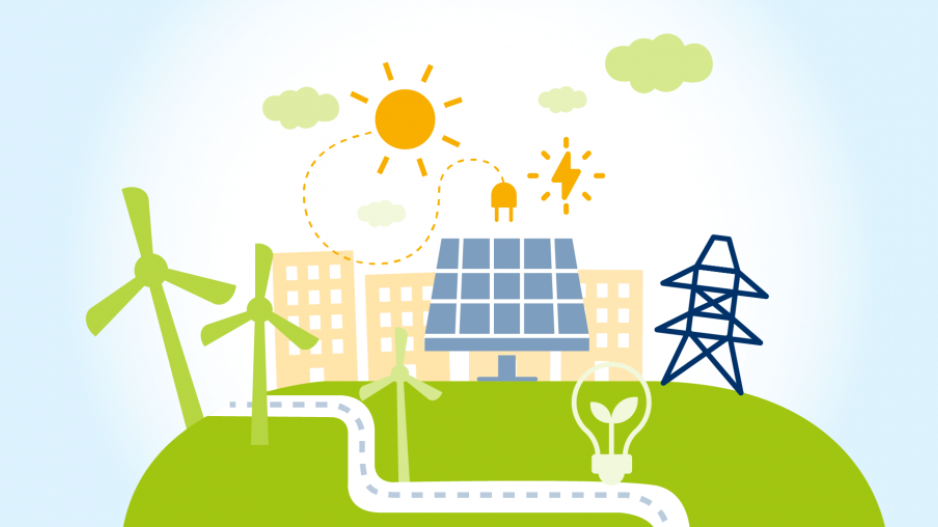Southeastern Mediterranean Natural Gas as a Temporary Solution for EU's Energy Transition
Until the completion of the energy transition, the natural gas reserves in the Southeastern Mediterranean region have the potential to serve as a temporary solution to the European Union's dependence on Russian natural gas. Dr. Andreas Poulikkas, President of RAEK, emphasized this point during his speech at the Hydrogen & Green Gases Forum, which took place in Athens last week.
Dr. Poulikkas, invited as an honorary speaker for the section titled "European Policies for the Promotion of Hydrogen and Renewable Gases," highlighted the challenges associated with increasing the use of hydrogen in energy systems and discussed how Cyprus could achieve climate neutrality.
In an interview with the energy sector journalism portal EnergyPress, Dr. Poulikkas expressed his belief that the countries in the Southeastern Mediterranean, including Cyprus, could lead the way in the hydrogen economy. He emphasized the potential for these countries to become climate-neutral while simultaneously serving as exporters of sustainable energy to the European Union.
Hydrogen, as an energy carrier, offers a promising solution to various energy-related issues, including supply security, the reliability of renewable energy sources, climate change, and atmospheric pollution. Dr. Poulikkas explained that hydrogen's appeal lies in its ability to replace fossil fuels in heating, cooling, transportation, and electricity generation, emitting only water vapor.

Regarding Cyprus's path to climate neutrality, Dr. Poulikkas emphasized the importance of regional cooperation. The Southeastern Mediterranean region possesses a unique combination of natural gas fields and renewable energy sources, which presents a comparative advantage. He suggested that until the energy transition is complete, the natural gas reserves in the Southeastern Mediterranean could serve as a transitional solution, reducing the EU's reliance on Russian natural gas.
Dr. Poulikkas also reiterated the potential for the countries in the Southeastern Mediterranean, including Cyprus, to take the lead in the hydrogen economy. By embracing sustainable energy practices, these countries can achieve climate neutrality and establish themselves as reliable exporters of sustainable energy to the EU.
To accomplish these goals, Dr. Poulikkas proposed the development of a comprehensive, long-term strategic plan beyond 2060. This plan would consider crucial factors such as the interconnection of Southeastern Mediterranean countries with European nations through electrical networks, pipelines, or virtual pipelines for natural gas (and eventually hydrogen). It would also emphasize the integration of sustainable energy technologies across the Southeastern Mediterranean and the gradual transition to hydrogen production from renewable energy sources, starting initially with natural gas.






